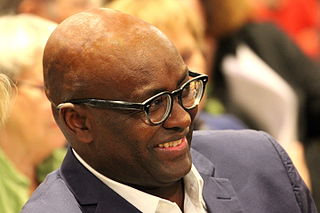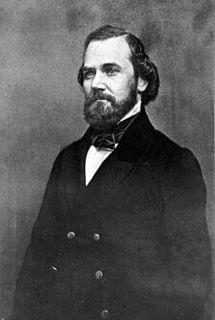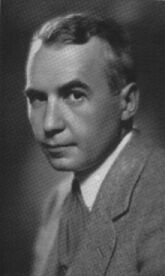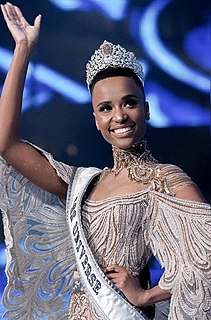A Quote by Achille Mbembe
Crime is fast destroying the moral fabric of South African cities, and is becoming a major threat to South African democracy as well as the prominent manifestation of a "class war" that is largely a continuation of the "race war" of yesterday.
Related Quotes
Slavery remained in the Deep South by other names - in prison programs with charges over nothing and eternal debt that threatened every African-American in the South right up through World War II. And that was after killing three-quarters of a million people, destroying cities, and creating hostility that exists to this day over the the Confederate flag and the racism it symbolizes, all brewing out of bitterness over a war that didn't have to happen.
We do not have a South African as a member of the African Commission. The President of the Commission comes from Mali, the Deputy comes from Rwanda and then we have got all these other members, ordinary commissioners. There is no South African there. And the reason, again, for that is not because we didn't have South Africans who are competent.
Most of us who were opposed to the war, especially in the early '60's - the war we were opposed to was the war on South Vietnam which destroyed South Vietnam's rural society. The South was devastated. But now anyone who opposed this atrocity is regarded as having defended North Vietnam. And that's part of the effort to present the war as if it were a war between South Vietnam and North Vietnam with the United States helping the South. Of course it's fabrication. But it's "official truth" now.
It was necessary to put the South at a moral disadvantage by transforming the contest from a war waged against states fighting for their indepdence into a war waged against states fighting for the maintenance and extension of slavery...and the world, it might be hoped, would see it as a moral war, not a political; and the sympathy of nations would begin to run for the North, not for the South.
I think there's something very dark in the South African psyche. I think we live a lot of the time in a state of a very low-grade civil war; the levels of violence in South Africa are extremely high. In a way, the civil war that never happened is being played out in a covert way, so we live with a lot of very ugly things.



































